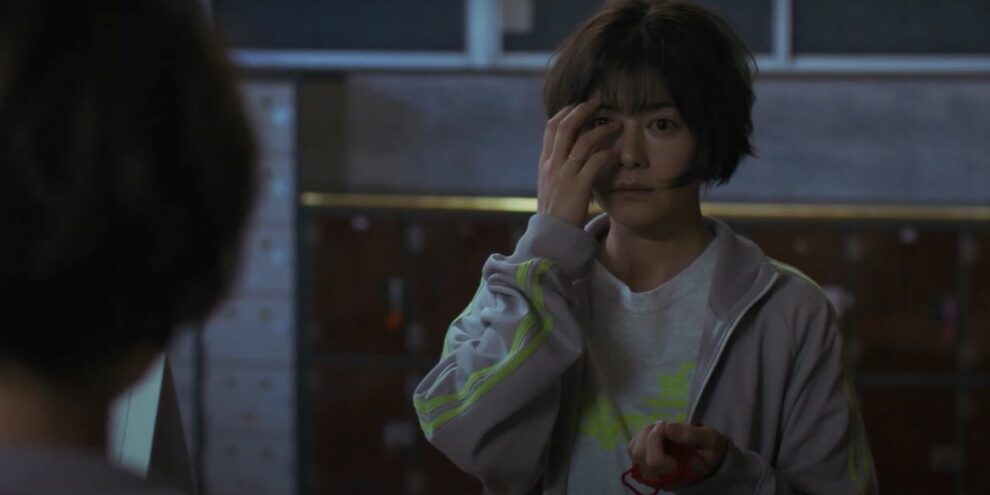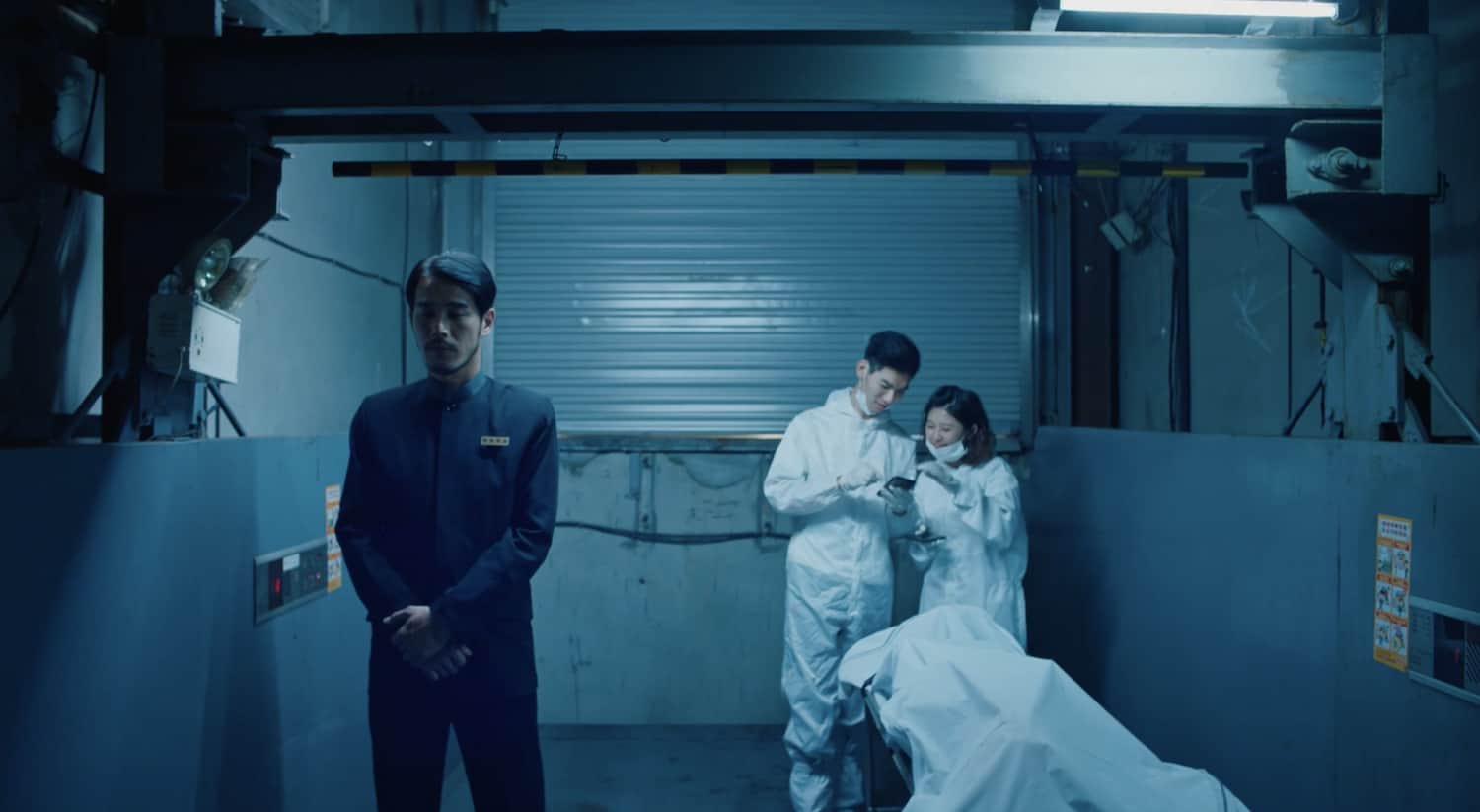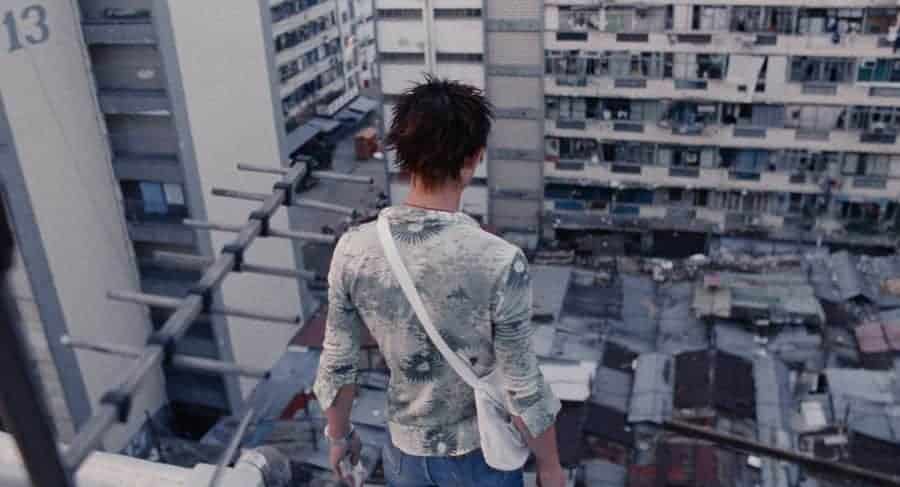“Kanae (Yoko Maki) struggles to manage her family's bathhouse after her husband, Satoru (Eita Nagayama), suddenly vanishes. She is often possessed by his memories, as well as memories from her childhood that she cannot recall. One day, Takayuki (Arata Iura), a boiler man, comes seeking work and shelter, which Kanae agrees to offer.” (Official)
Undercurrent is Screening as Part of The 2024 Japan Foundation Touring Program

Offering a synopsis only provides a starting point to the work of Rikiya Imaizumi, who, as the press material for the lead-up to the film touring as part of Japan Foundation states, “skilfully portrays the emotions that have long been locked away in people's hearts.” Extending on this concept, “Undercurrents” lingers in that moment of release, making the expression of one's inner emotions not as crucial as stating them. Much of the movie is left open as major questions brought up by characters to others are often left with a cutaway to another scene instead of giving the cathartic release that would traditionally provide closure in the accepted delivery of cinematic discourse
Rikiya Imaizumi's unique approach that stays away from expected conventions, combined with a slow pace and lack of defining genre tropes will prove a challenge for many. However, the director guides the viewers through a highly emotional journey with the subtle nuance of a skilled storyteller, allowing them to draw their conclusions about the characters through open-ended conversations and having that focus over self-expression without the reciprocity of someone else rejecting or validating the other.
Check the interview with the director
At the same time, it should be made clear that “Undercurrent” is not completely dry in its delivery, as Imaizimi interjects little bits of picturesque surrealism where Kana struggles to figure out her past and insecurities regarding relationships. There is also a degree of dark humor to be found within, with Lily Franky providing a slight dark comedic edge to the story with his portrayal of an eccentric private investigator. Finally, the score from award-winning composer Hosono Haruomi has a way of flowing into the scene with striking beauty to help cement the profundity of any given situation or add to the ethereal dream sequences.
Yoko Maki and Arata Iura, who take the majority of the focus, are not given much range to work with. Having the roles of closed-off characters with guarded emotions, they play the parts well, but it does not leave the audience with much. The draw here is the script, and the two play their part, but it does not come across as a showcase for the best of their abilities.
The other hindrance comes though the pacing, which will be patience testing for even those who admire the approach. The over-two-hour mark is filled with a lot of space. This captures the realism of interactions and the flow of conversation between the largely introverted or wizened cast, but it can be challenging. These are all minor trip-ups, though, and those who are patient with nuanced cinematic approaches and love minimalism in art will vibe with every aspect of the production.
Rikiya Imaizumi's “Undercurrent” is an emotional journey that only a storyteller of unique skill can pull off. There is a subtle beauty to the work that manages to seep into every moment and interaction, and before viewers know it, they will be swept into the undercurrent. This masterful work is undoubtedly worth deeper exploration from those who seek out movies with the vibe of ambient music but explore emotions with the passion of a confessional pop ballad.















